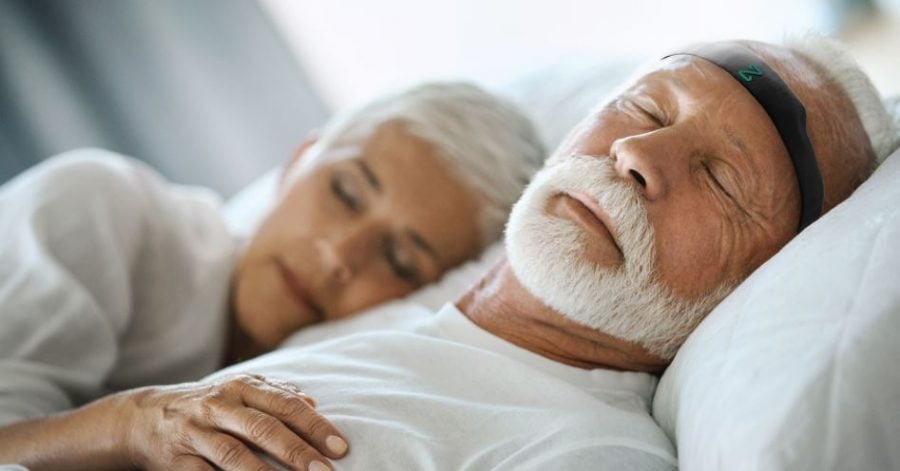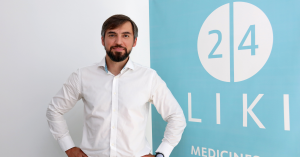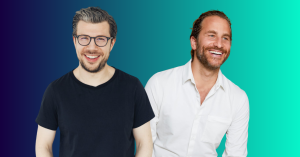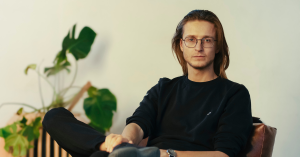California-based telehealth Zeit Medical, which has Greek DNA and offers AI and bioelectronics monitoring for patients with neurological injuries, raised €1.8M in a round co-led by American VCs SeedtoB and Digilife. The startup was part of Y Combinator’s summer 2021 program.
Zeit Medical’s vision is to democratize access to AI monitoring as studies show that 1 in 4 adults over the age of 25 will have a stroke in their life. The current trends show that over 6M people die annually of this hidden danger.
The team is developing a headband that monitors the brain’s electrical activity during sleep. The band can be set to call a pre-specified contact to get help as soon as possible if even the smallest danger is detected.
The hardware has an electroencephalogram in it connected to a mobile app that analyzes the brain with the help of a Machine Learning model. This will ensure fast access to data even for hospital care.
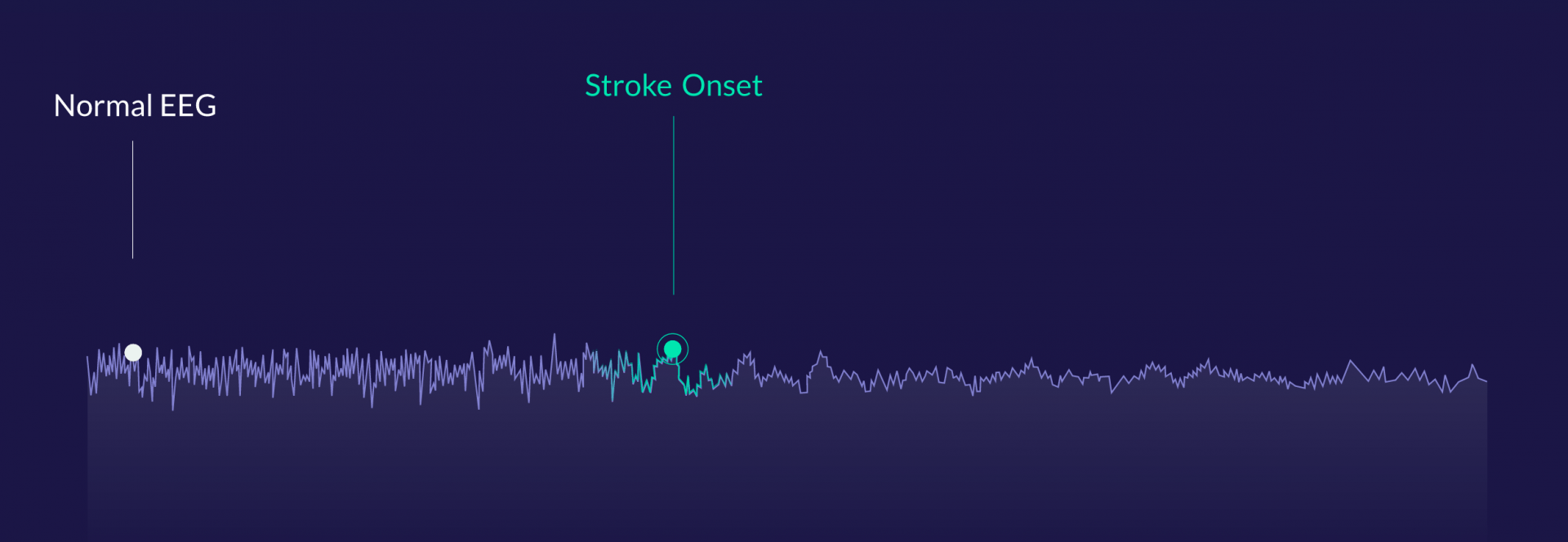
Zeit Medical was founded in 2019 by Orestis Vardoulis and Urs Naber. Vardoulis is a Greek-born entrepreneur with a background in biotechnology and bioengineering. He has a decade of experience in developing wearable health technology and is now focusing on being the startups’ CEO. Naber is a German-born pediatric physician with over a decade of experience in clinical and educational research. He is the CMO of Zeit Medical.
Their solution has been enabled by a global rise of the sleeptech wearables market, which was estimated at $12.5B in 2020. Similar wearable devices, developed by SEE founders, that track the user’s fitness and overall health, are Whoop and Terra, while AYO uses the power of light to regulate the body’s rhythm which impacts sleep and alertness.

